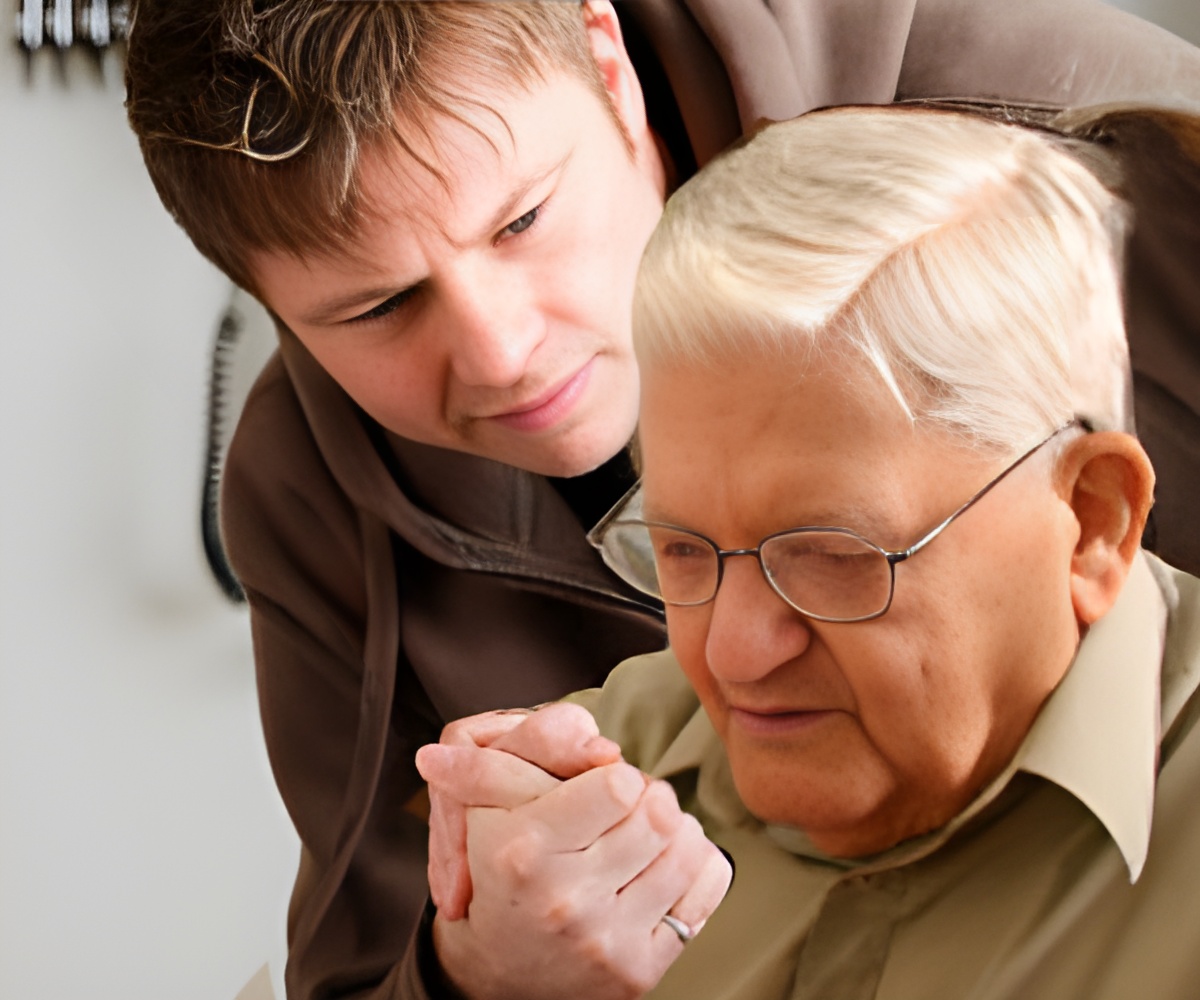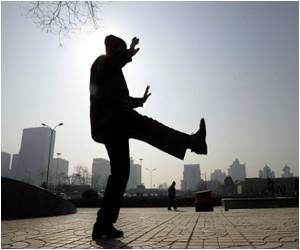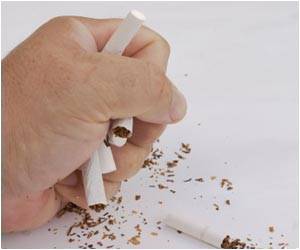About 152,000 individuals in England are affected by stroke annually. The repercussions of stroke include both physical disability and emotional stress.

Stroke survivors suffer from physical disability and there are about a million stroke survivors in England. Bewildered changes can be observed in an individual’s behavior and emotions after a stroke. The brain of the stroke survivor is damaged and the altered attitude and behavior of the person is a manifestation of the injury.
A survey involving more than 2,700 stroke survivors and their caregivers was conducted in England where the emotional sufferings and trauma of both were analyzed. Majority of the stroke survivors said that they felt more depressed and had anxiety.
About 42 percent of the survivors felt neglected after the stroke. Speaking about the caregivers 8 out of 10 has suffered from frustration and anxiety. Jon Barrick, chief executive of the Stroke Association mentioned, "Stroke leaves survivors and families shocked, shaken and anxious as their lives are often irreversibly changed in an instant."
"Better recognition by health and social care professionals of the impact of stroke will help people to be properly assessed and get the right support." Adequate comprehending and handling with their condition is essential while taking care of stroke survivors.
Source-Medindia














